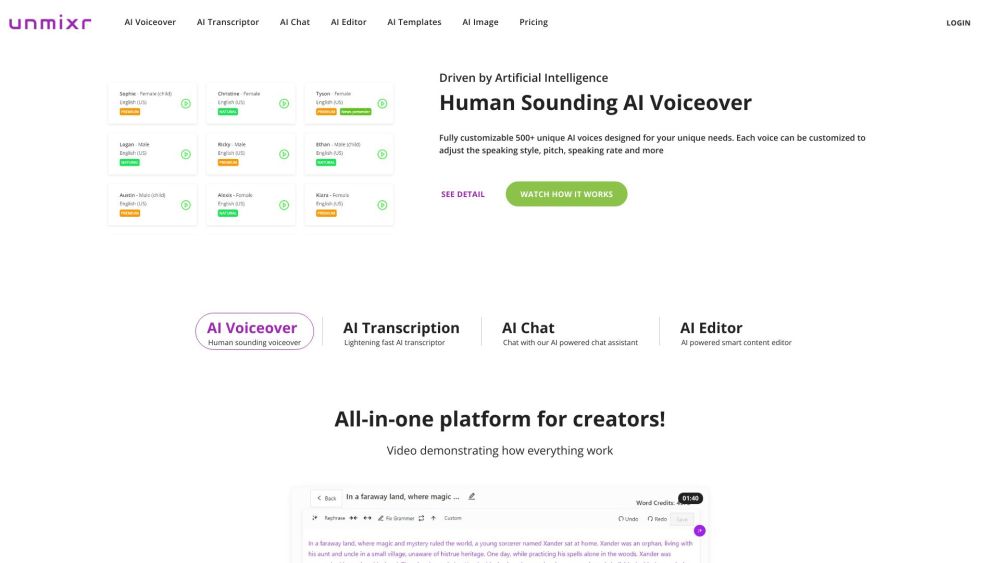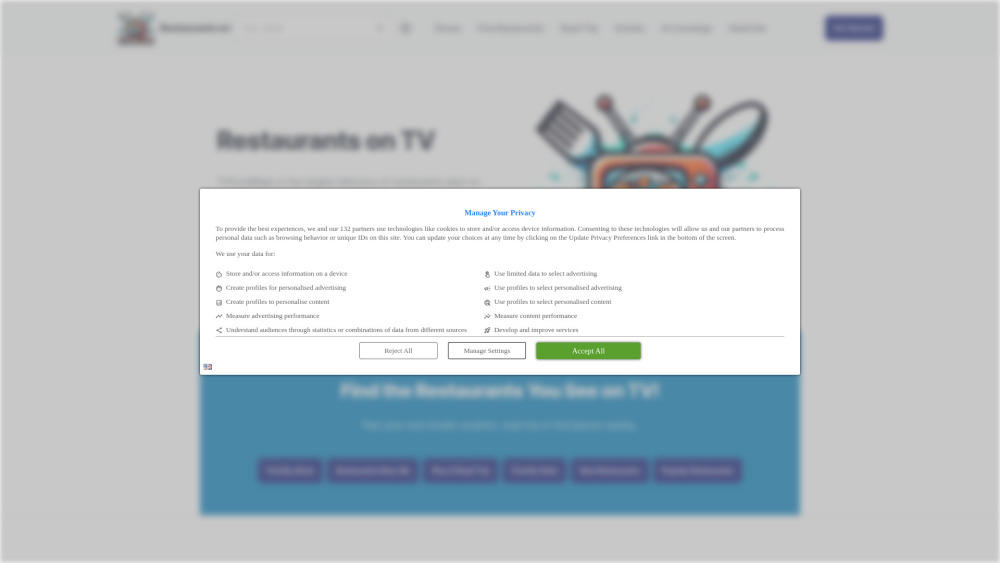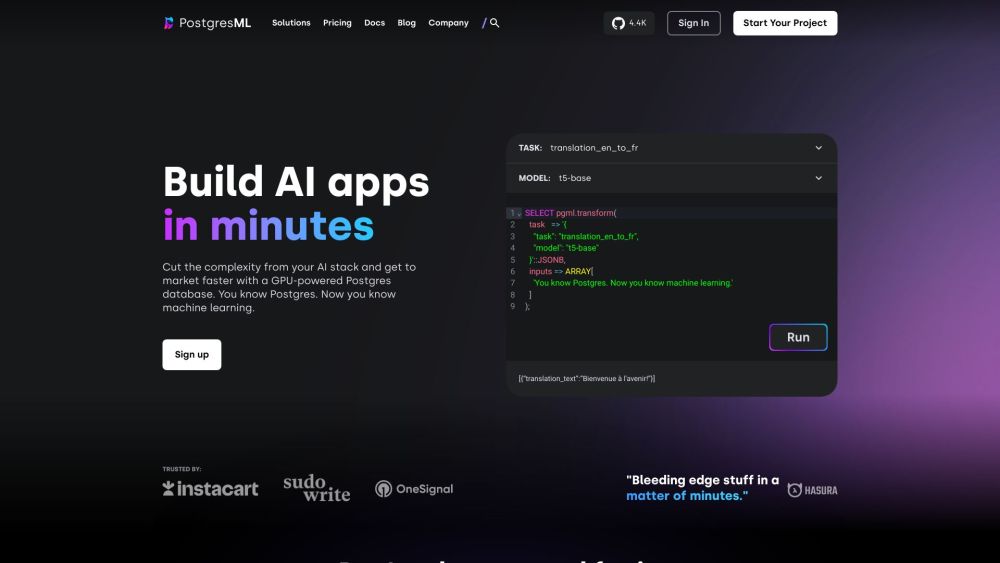In a brief span, AI has showcased remarkable capabilities in healthcare. Large language models (LLMs) can now diagnose tumors, offer advice on sleep and fitness, and analyze medical images, including MRIs, X-rays, and tissue samples.
Despite these advancements, substantial concerns remain regarding output accuracy, transparency, data privacy, ethics, bias, and regulatory compliance.
“The integration of AI into healthcare represents a revolution, significantly enhancing patient care, operational efficiency, and medical research,” stated Timothy Bates, clinical professor of cybersecurity at the University of Michigan-Flint. However, he cautioned that realizing AI's potential hinges on overcoming substantial challenges.
AI's Role in Healthcare Operations
AI can alleviate time-consuming tasks such as appointment summaries, often performing better than humans. Additionally, it can optimize administrative functions like scheduling, billing, and patient management. AI-driven predictive analytics enhances resource allocation.
“Despite legitimate concerns about generative AI, in five years, providers will wonder how they managed without it—especially for transcribing clinical notes and decision support,” said Dr. Colin Banas, chief medical officer at DrFirst.
AI also improves diagnostics by swiftly analyzing vast data sets, enabling earlier detection of conditions such as cancer and heart disease. AIdoc, for instance, is revolutionizing radiology by accurately detecting anomalies in medical imaging.
“AI algorithms can identify cancer in imaging far sooner than current methods, allowing for earlier and less invasive treatment with a higher survival chance,” noted Baruch Labunski, CEO of Rank Secure.
Moreover, AI facilitates personalized medicine by analyzing genetic, lifestyle, and medical data, while wearable technology monitors vital signs in real time—especially valuable for chronic disease management.
Predictive analytics also aids in anticipating patient deterioration and tailoring post-discharge care to reduce readmission risks.
From an infrastructure viewpoint, predictive analytics optimizes hospital operations. Bjorn Andersson, senior director for global digital innovation at Hitachi Vantara, explained how AI models can analyze live data and external factors like weather forecasts to better allocate resources during severe weather.
AI in Drug Discovery and Clinical Trials
AI's potential extends to research and drug development. Researchers at the NIH National Cancer Institute have created machine learning models for predicting immune checkpoint inhibitors. Google’s DeepMind is also achieving breakthroughs in protein folding for drug discovery.
“AI excels at analyzing drug treatments and potential interactions,” Labunski emphasized.
In clinical trials, generative AI can pre-screen patients, refining participant qualifiers and expediting the recruitment process. “This reduces costs and accelerates the pathway for life-changing drugs to reach the market,” said Cara Brant, CEO of Clinical Trial Media.
Concerns Surrounding AI Utilization
Key worries persist regarding data privacy and security. Bates highlighted the sensitivity of healthcare data, which necessitates robust protection measures to maintain patient confidentiality. Regulatory compliance remains a challenge, especially with stringent laws like HIPAA.
Additionally, integrating AI with legacy systems can hinder interoperability. Training staff to utilize AI effectively is essential, as skepticism regarding its reliability is common among both employees and patients.
“AI's decision-making process lacks transparency, which can complicate treatment and care delivery,” Labunski remarked.
Muddu Sudhakar, co-founder and CEO of Aisera, echoed this sentiment, stressing that AI is not infallible and can indeed make mistakes. To foster trust, Bates advocates for transparent processes, thorough testing, and clear demonstration of AI's benefits.
Preserving Human Interaction in Healthcare
The rise of AI raises concerns about diminishing human interaction in healthcare, an industry founded on personal connections. “Healthcare is deeply personal, which is a significant limitation of AI,” noted an industry expert.
Patients lean on providers for trust and clarity, as complex medical information often requires human explanation. “The sector must balance AI's efficiency with the need for human-centered care,” they asserted.
AI can supplement clinical decisions by offering recommendations based on comprehensive patient data analyzed against the latest medical research. However, as Newquist highlighted, AI should not make independent decisions; human oversight is essential.
“Augmented intelligence represents the optimal balance in healthcare,” Banas concluded.
For more insights, don't miss the upcoming VB Transform conference on July 9-11 in San Francisco, featuring experts from Kaiser Permanente, Google, and more discussing key trends in the healthcare sector.





